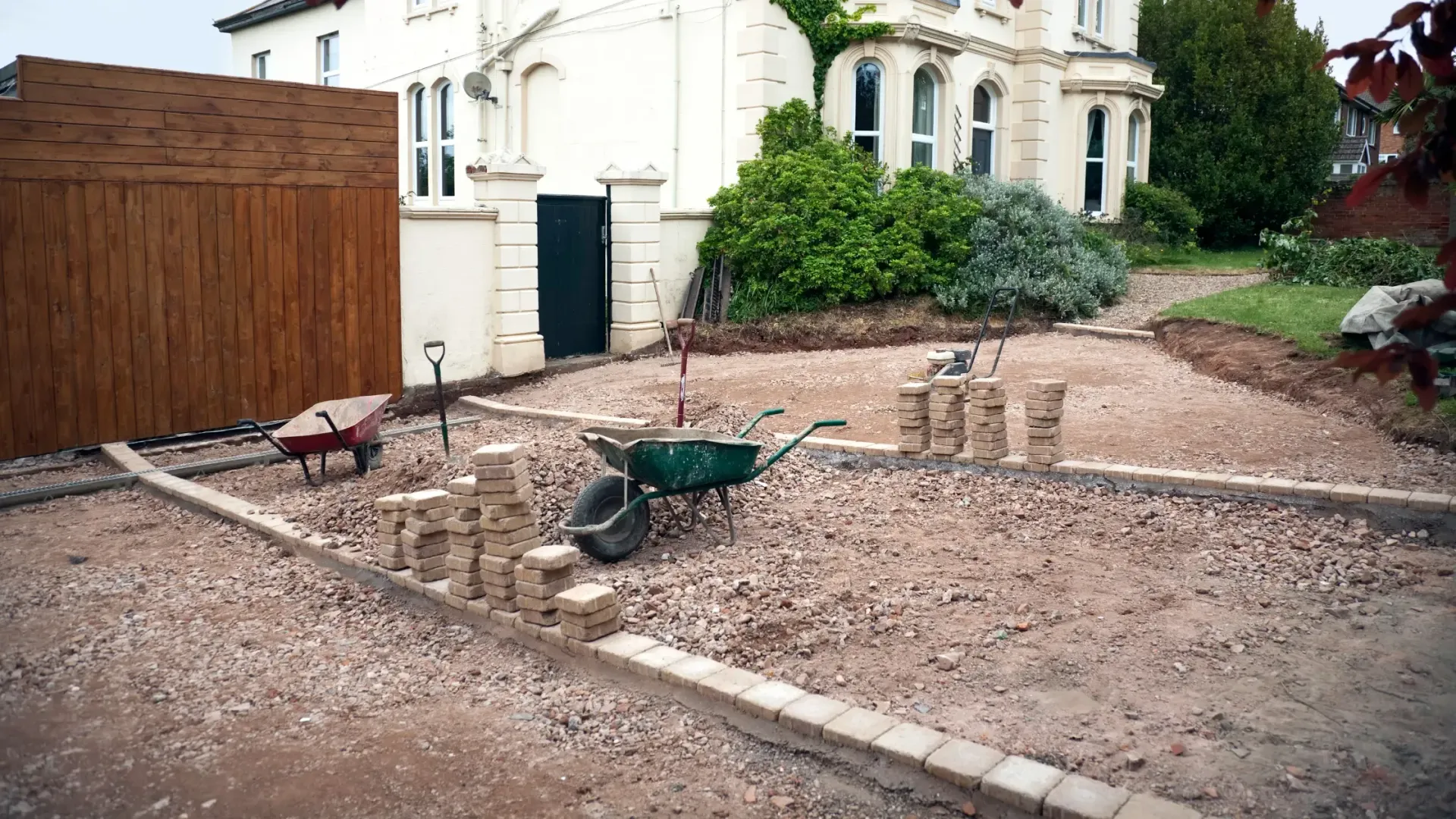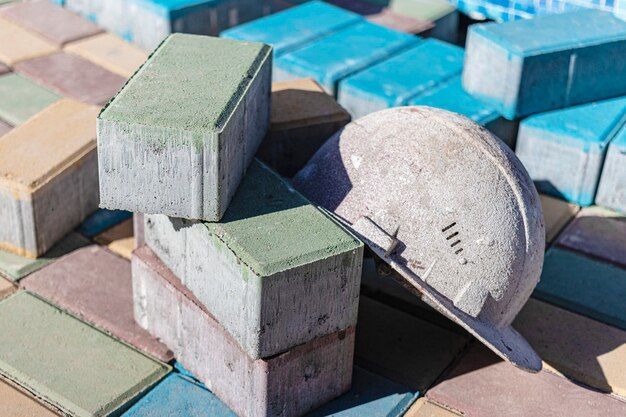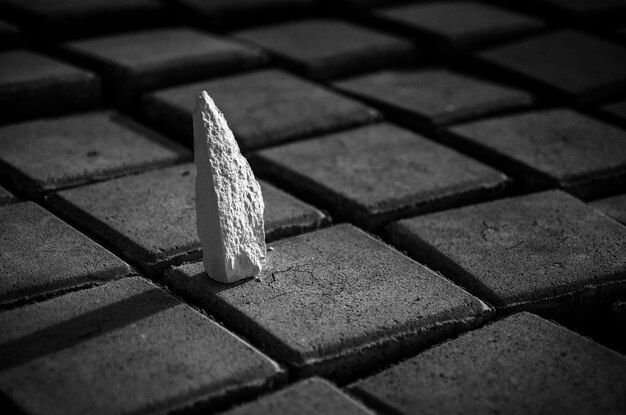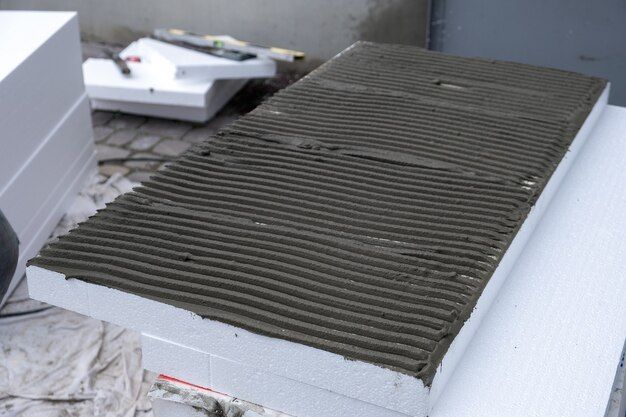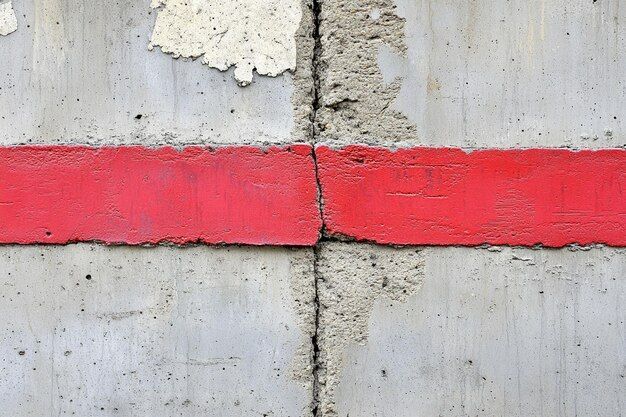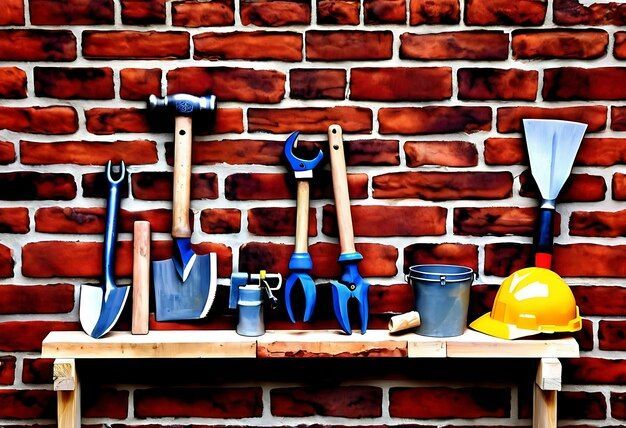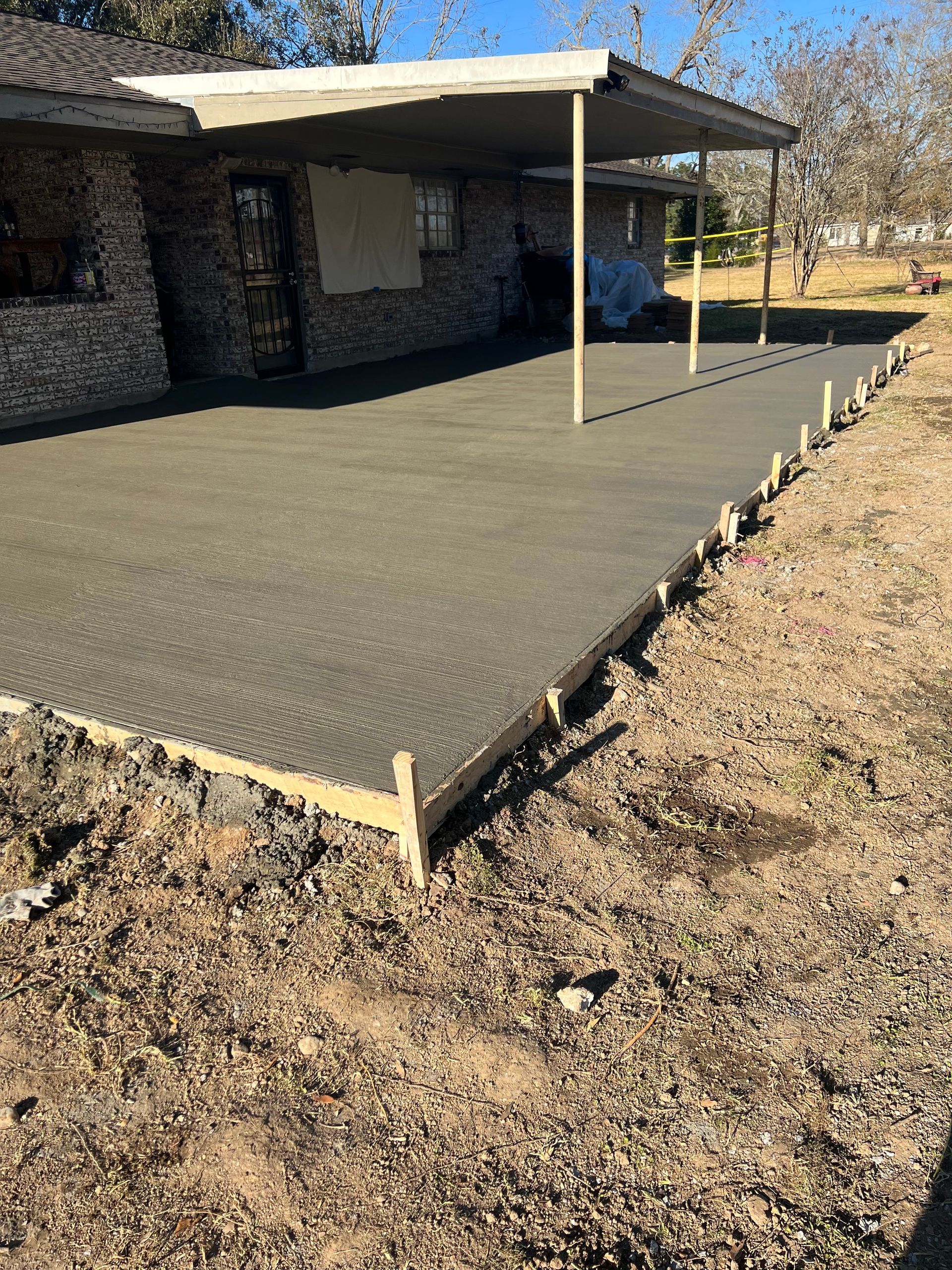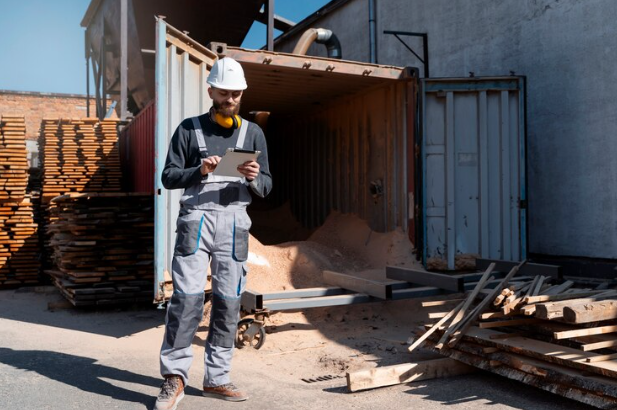What to Know About Adding Fly Ash to Concrete Mixes
Have you ever stopped to think about how something as ordinary as concrete could be made better? Here’s a little-known secret: fly ash. It might not sound glamorous. But this powerhouse ingredient is quietly transforming modern construction.
At Baton Rouge Concrete Contractors, we’ve seen it all. Patios that stand up to Louisiana’s wild weather and large-scale projects that demand strength and durability. Fly ash proves to be the secret sauce that takes concrete from good to exceptional.
But what exactly makes it so special? Let’s break it down. The benefits, challenges, and pro tips for using fly ash in your next project.
Fly Ash 101: What Is It and Why Does It Matter?
Fly ash might just look like a fine powder. But don’t let appearances deceive you. Or that it’s a byproduct of burning pulverized coal in power plants. This material is brimming with potential.
Chemically speaking, fly ash is what’s known as a pozzolanic material. Does that term sound a bit too technical? Well, let's understand. When fly ash comes into contact with calcium hydroxide and water, it creates compounds. That acts just like cement. In other words, it helps make concrete stronger and more durable. All while enhancing its overall performance.
Now, not all fly ash is created equal. It comes in two main types:
- Class F: Often used in residential and commercial projects, it’s great for durability and crack resistance.
- Class C: Known for its higher lime content, this type is ideal for projects requiring quick strength gains.
So, how does this little wonder fit into your concrete mix?
The Benefits of Adding Fly Ash: Why It’s a Big Deal
Adding fly ash to concrete is a technical tweak. But it’s also an upgrade. Here’s what makes it a star player:
1. It’s a Sustainability Champion
Using fly ash reduces the amount of Portland cement. And cement production is a major contributor to greenhouse gas emissions. That substituted fly ash makes your project greener. Plus, it recycles material that would otherwise go to waste.
2. Makes Concrete More Durable
Concrete enhanced with fly ash can better resist chemical attacks, reduce permeability, and prevent cracking. Baton Rouge’s humid climate and occasional storms? Fly ash concrete can handle it all, standing the test of time.
3. Improves Workability
Ever struggled with stubborn concrete that just doesn’t want to flow? Fly ash solves that. Its fine texture improves the mix’s consistency, making it easier to pour and finish.
4. Saves Money in the Long Run
Fly ash is often more affordable than Portland cement. Plus, its durability means fewer repairs over time. For Baton Rouge residents looking to stretch their dollars, this is a solid choice (pun intended).
The Challenges of Fly Ash: Keep These in Mind
Nothing’s perfect. And fly ash is no exception. It’s a great addition to concrete. But there are a few things to watch out for:
- Slower Setting Times: Fly ash concrete takes longer to gain strength. Particularly in cooler weather. If you’re on a tight timeline, plan accordingly.
- Freeze-Thaw Sensitivity: High fly ash content may struggle in freeze-thaw conditions. Especially if there are no proper air-entraining admixtures.
- Inconsistent Quality: Not all fly ash is created equal. Its performance depends on where it’s sourced. That’s why having experienced professionals is super important.
Fly Ash in Baton Rouge
Baton Rouge’s climate presents unique challenges. Hot summers. High humidity. And frequent rains. That requires concrete that can stand up to the elements. Fly ash is up to the task. It offers heat resistance. It helps reduce cracking. Plus, it has long-lasting durability.
Hot Weather Pours Made Easy
Fly ash reduces the heat of hydration, meaning large concrete pours are less likely to crack in our sweltering Louisiana heat.
Resilient Against Rain and Moisture
Fly ash concrete is less permeable. That makes it resistant to moisture penetration and the damage it can cause.
Is it a sleek patio? A durable driveway? Or a sturdy foundation? Fly ash can elevate the quality of any project.
Tips for Getting Fly Ash Concrete Right
Want to make the most of fly ash in your concrete mix? Follow these expert tips:
- Choose the Right Class: Class F for durability, especially in residential or outdoor projects; Class C for fast-setting structural needs.
- Don’t Overdo It: Substitute 15-40% of the cement with fly ash. Higher ratios can weaken the mix.
- Test the Mix: Always test for setting time, air content, and workability to ensure the right balance.
- Hire Professionals: Fly ash requires precise adjustments to the mix. Trust experts who understand the nuances.
Why Sustainable Concrete Matters
Sustainability becomes a top priority in construction. And materials like fly ash are in the spotlight. Builders in Baton Rouge are increasingly seeking eco-friendly solutions. And fly ash checks all the boxes.
Fly ash concrete not only reduces the carbon footprint. But it also aligns with green certifications. Like LEED. So, if you’re planning a project, choose fly ash. So you can contribute to a greener Baton Rouge.
Final Verdicts
Fly ash is the MVP of modern construction. It brings eco-friendly benefits and improved durability. Plus, it has easier workability. But like any great tool, it takes expertise to unlock its full potential.
That’s where Baton Rouge Concrete Contractors comes in. We’ve spent years perfecting the art of fly ash-enhanced concrete. Creating mixes designed to stand up to the unique challenges of the city's climate.
Dreaming of a driveway that lasts for decades? A stunning patio for family gatherings? Or a commercial project that demands strength and efficiency? We’ve got the experience to make it happen. Contact us today. And let’s turn your vision into a reality!
